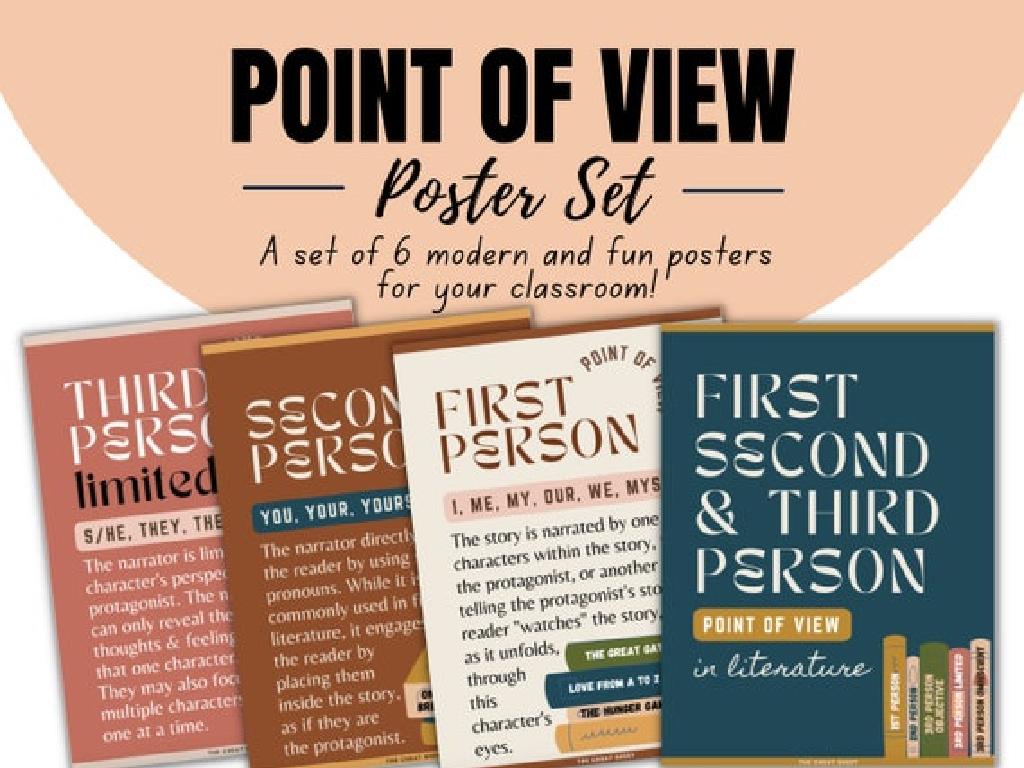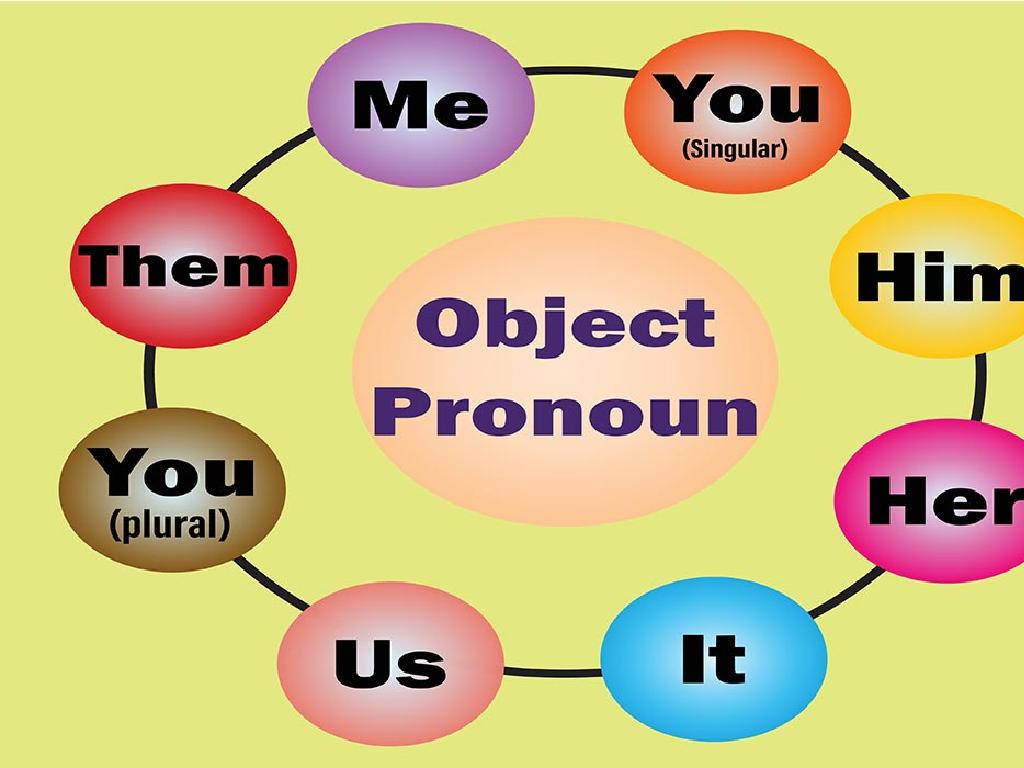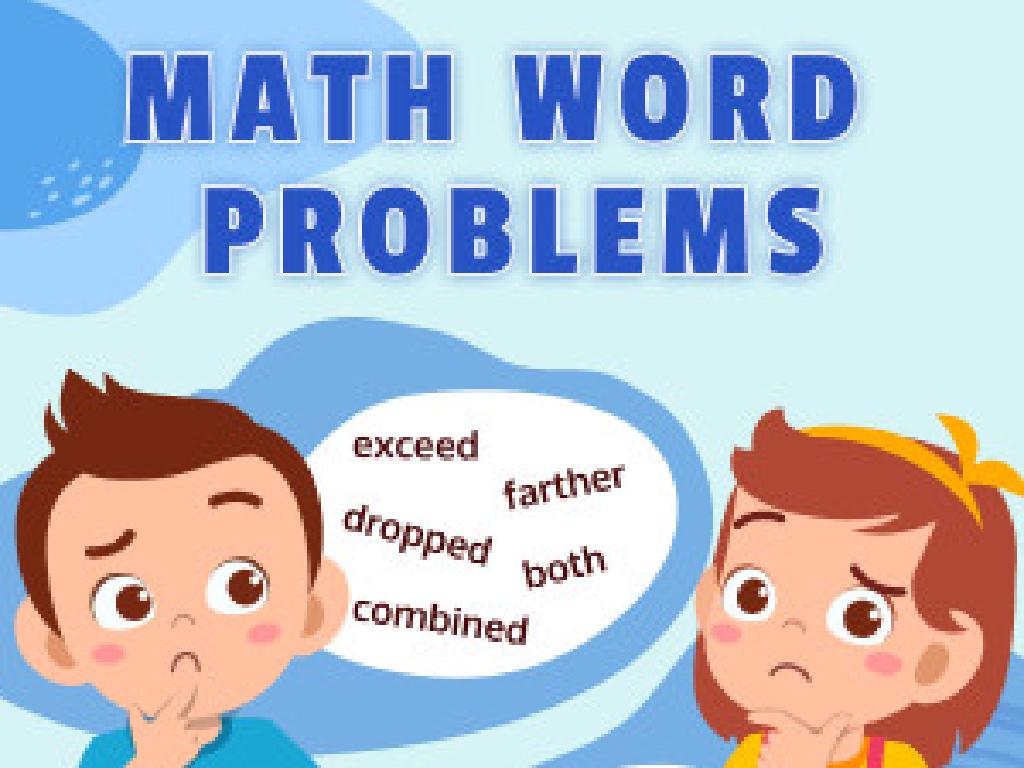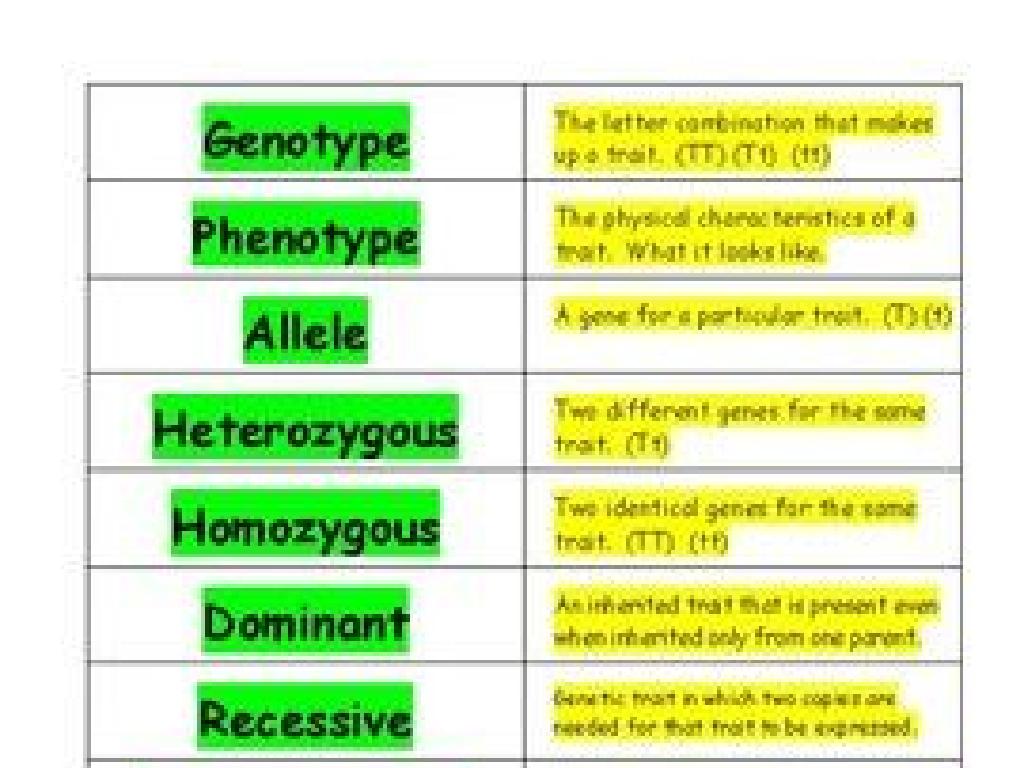Use Thesaurus Entries
Subject: Language arts
Grade: Fifth grade
Topic: Reference Skills
Please LOG IN to download the presentation. Access is available to registered users only.
View More Content
Mastering Reference Skills: Using a Thesaurus
– What is a Thesaurus?
– It’s a book that lists words in groups of synonyms and related concepts.
– Thesaurus: A treasure of words
– Discover new words and find the perfect one for your writing.
– Why use a Thesaurus?
– It helps you avoid repetition and improve your writing.
– Enhancing vocabulary with a Thesaurus
– Learn new words and make your essays more interesting!
|
This slide introduces students to the concept of a thesaurus and its importance in writing. A thesaurus is not just a tool for finding synonyms; it’s a resource for expanding vocabulary and improving language skills. Explain that using a thesaurus can make their writing more varied and expressive. Encourage students to think of it as a treasure chest full of interesting words to explore. Provide examples of how a thesaurus can help find better word choices for their stories or essays. In the next class, we can have an activity where students use a thesaurus to enhance a sample paragraph.
Exploring the Thesaurus: A Treasure of Words
– What’s a Thesaurus?
– A book grouping synonyms and related words
– Thesaurus: A word treasure chest
– ‘Happy’ and its synonyms
– Synonyms for ‘happy’: joyful, cheerful, delighted
– Using a Thesaurus in writing
– Find new words to make writing more exciting!
|
Introduce the thesaurus as an essential tool for expanding vocabulary and making writing more vivid and precise. Explain that it’s organized by ideas, not just alphabetically, which helps find the best word for a particular context. Use ‘happy’ as an example to show how synonyms can convey slightly different emotions or levels of intensity. Encourage students to use a thesaurus when they write, to replace overused words and to better express their thoughts. Have them practice looking up words and choosing the best synonym for sentences you provide.
Why Use a Thesaurus?
– Enhance writing quality
– A thesaurus helps find synonyms to make writing vivid and engaging.
– Express ideas accurately
– It assists in finding the precise word that fits your meaning.
– Broaden your word bank
– Discover new words and their uses to grow your vocabulary.
– Avoid repetition
– Using different words for the same concept keeps readers interested.
|
A thesaurus is a valuable tool for students to improve their writing and communication skills. It provides synonyms and antonyms which can make writing more dynamic and help avoid using the same words repeatedly. Encourage students to use a thesaurus when they’re looking for a word that better expresses what they’re trying to say or to find a variety of words to describe a single idea or emotion. This can also be a great opportunity to expand their vocabulary by learning new words and understanding the nuances of their usage. During the next class, consider having students rewrite a short paragraph using a thesaurus to replace common words with more descriptive synonyms.
Mastering the Thesaurus: Expanding Vocabulary
– Begin with a familiar word
– Find it in the thesaurus index
– The index is an alphabetical list of words
– Select a context-appropriate synonym
– Synonyms have similar meanings; pick one that suits your sentence
– Verify with the definition for correct use
– Make sure the new word means what you think it does
|
This slide is aimed at teaching students how to effectively use a thesaurus to improve their writing and expand their vocabulary. Start by selecting a word they already know. Then, using the thesaurus index, which is organized alphabetically, they can find a list of synonyms – words with similar meanings. It’s important for students to choose a synonym that fits the context of their writing. Finally, they should check the definition of the new word to ensure it conveys the intended meaning. Encourage students to practice with examples in class and to use a thesaurus during their writing assignments to become more familiar with this valuable reference tool.
Thesaurus Practice: Expanding Our Vocabulary
– Find synonyms for ‘said’
– Use a thesaurus to discover new words similar to ‘said’.
– Discuss synonym usage scenarios
– Pair up and talk about when to use each synonym.
– Write sentences with new synonyms
– Practice writing by using the synonyms in your own sentences.
– Enhance speaking & writing skills
|
This slide is aimed at helping students understand the value of a thesaurus in finding synonyms to enrich their vocabulary. Start by having students look up ‘said’ in a thesaurus. Then, in pairs, students should discuss various contexts where different synonyms would be appropriate, such as ‘whispered’ for a quiet conversation or ‘exclaimed’ for a surprising moment. Next, students will write sentences using the synonyms to ensure they grasp the nuances of each word. This activity will not only build their vocabulary but also improve their understanding of context and how it influences word choice. Encourage creativity and provide examples to guide them.
Choosing the Right Word Using a Thesaurus
– Synonyms have different flavors
– Words like ‘big’ can be ‘large’ or ‘enormous’ but each paints a unique picture.
– Tone & connotation matter
– The feeling or idea a word suggests is just as important as its dictionary definition.
– ‘Gigantic’ vs ‘Huge’: A case study
– Is a ‘gigantic’ giant too intimidating compared to a ‘huge’ but approachable one?
– Practice with a friendly giant story
– Choose words that match the giant’s personality in your story.
|
This slide aims to teach students that while a thesaurus provides synonyms, each synonym carries its own shade of meaning, tone, and connotation. It’s crucial for students to learn to select words that not only fit the context but also the emotional setting of their writing. For example, ‘gigantic’ might imply something impressive or overwhelming, while ‘huge’ is more neutral. In a story about a friendly giant, the word choice can influence how readers perceive the character. Encourage students to think about the imagery and feelings different words evoke and to practice this skill by rewriting sentences with various synonyms to see how the tone changes.
Class Activity: Thesaurus Hunt
– Engage in a Thesaurus Hunt
– Find synonyms for list words
– Look for words that mean the same as your words
– Create a story using synonyms
– Be creative and make your story fun!
– Share your story with classmates
|
This activity is designed to help students familiarize themselves with using a thesaurus and understanding synonyms. Provide each student with a list of words and have them use a classroom thesaurus to find synonyms for each word. Once they have their synonyms, they should craft an original story incorporating these new words. This exercise will enhance their vocabulary and storytelling skills. After they’ve written their stories, create a sharing time where students can read their stories aloud. This will not only improve their public speaking skills but also allow them to hear the creative ways their peers have used synonyms. Possible variations of the activity could include working in pairs, creating a group story, or drawing illustrations to accompany their stories.
Wrapping Up: Thesaurus & Word Choice
– Recap: Using a thesaurus
– Remember, a thesaurus helps us find synonyms to make our writing more interesting!
– Why word choice matters
– Good word choice makes your stories and essays more engaging and fun to read.
– Homework: Craft a paragraph
– Write a short story or description including at least 5 new words you’ve learned.
– Include 5 new synonyms
– Show how you can replace common words with more exciting synonyms from a thesaurus.
|
As we conclude today’s lesson, remind students how a thesaurus is a valuable tool for finding synonyms that can enhance their writing. Emphasize that choosing the right words can greatly impact the reader’s interest and the clarity of their writing. For homework, students should write a short paragraph, incorporating at least five new synonyms learned in class. This will help them apply their knowledge and understand the importance of varied vocabulary. Encourage creativity and the use of a thesaurus to find the best word choices. In the next class, ask students to share their paragraphs and discuss the new words they chose.






